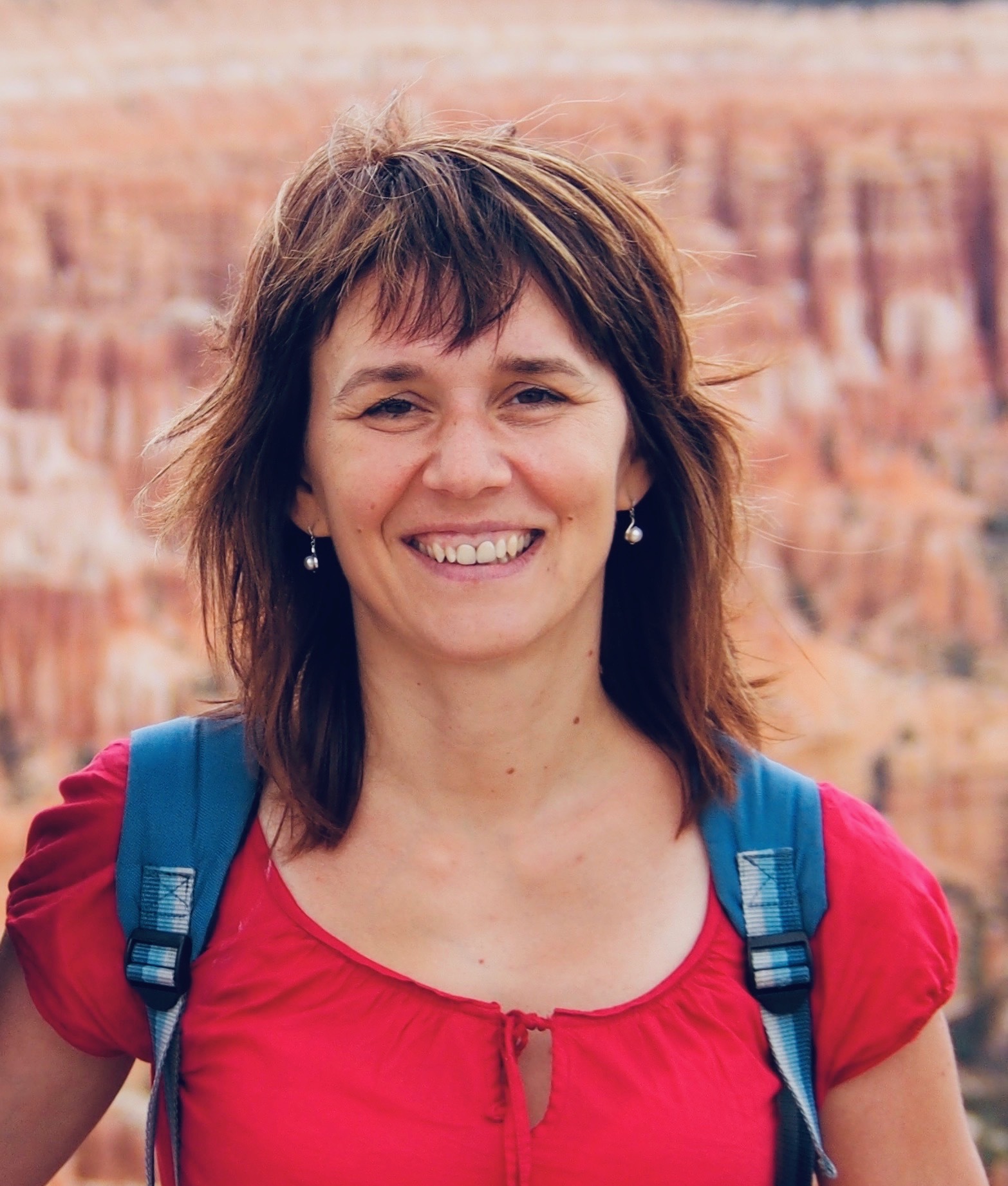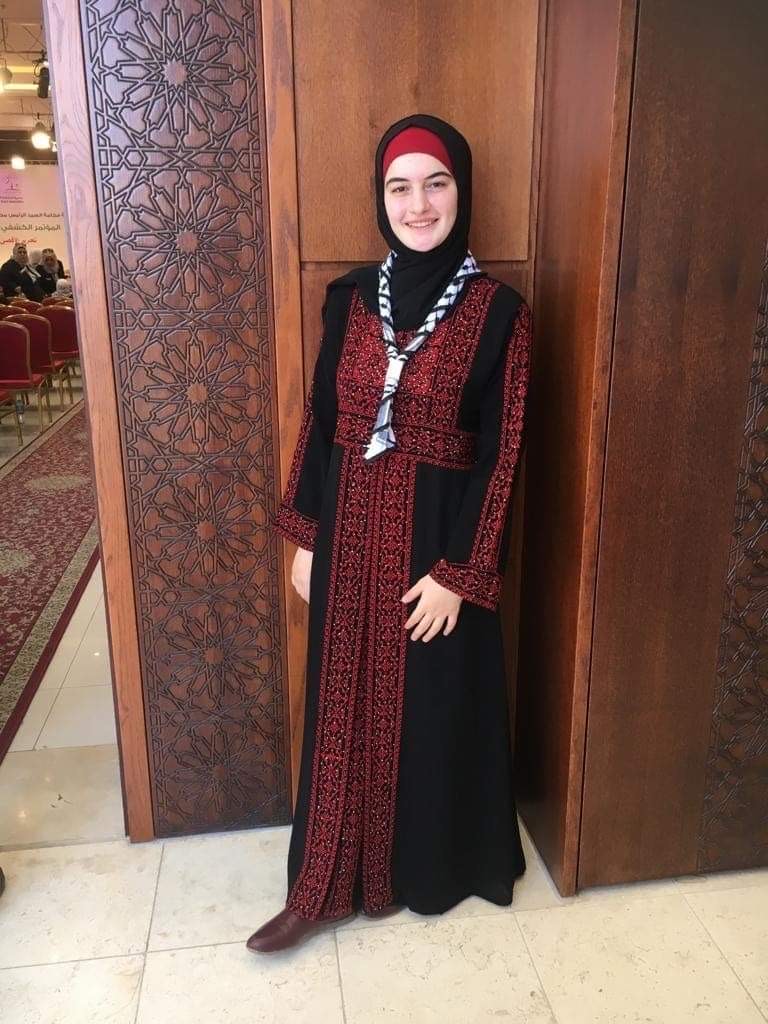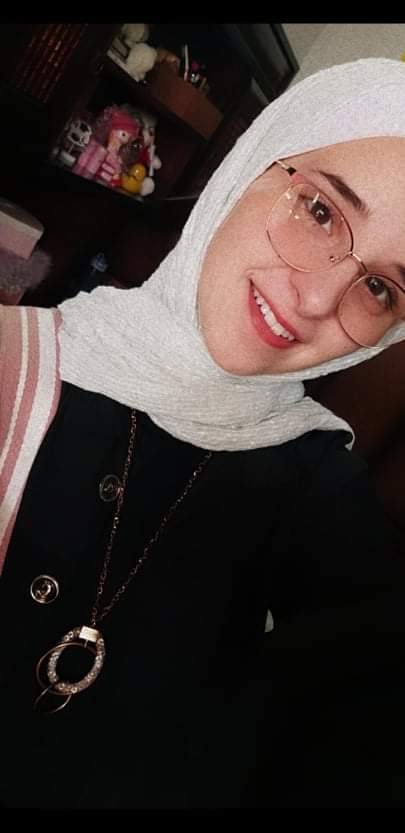Katarzyna is a senior lecturer at Adam Mickiewicz University in Poznań, Poland, teaching both general English and English for specific purposes. Earlier this year, she involved her tourism graduate students in a Transnational Virtual Exchange Project (TEP) with her colleagues: Ivonne, based in the Netherlands and Judit, based in Finland. Katarzyna had already done some training to develop Virtual Exchanges under the Erasmus+ Virtual Exchange project and felt very inspired to try it out herself.
“I was struck by how there can be cultural clashes and misunderstandings even between students of neighbouring countries, like Poland and Germany. I learned in the training how students can use Virtual Exchange (VE) to overcome this and learn how to get to know each other. After all, if you want to do business or any other type of international collaboration, you need to understand your partners.”
The collaborative project between Katarzyna’s tourism students, Ivonne’s business students and Judit’s language students went very well: “This tourism, business and language collaboration worked very well and all sides learned a lot from the other,’ she says.
“My students had to deal with different language levels which created an authentic situation for people who work in tourism. You need to be patient, to deal with misunderstandings and differences in culture and be tolerant and supportive. My students were very shy and this project really gave them the confidence to open up and use the language they have. They learned to trust their ability.”
For Katarzyna, it was also important the students got to know the other’s culture and traditions and to move beyond the stereotypical images.
She explains how the students benefited from studying the tourism websites to observe how promotional language is used. This also connected to Judit’s students because ‘persuasive language’ was a genre that they were studying.
Katarzyna says both teachers and students gain from a collaboration like this.
“The students may have had a different focus,’ she continues, ‘but they will benefit nonetheless from an exercise like this and they supported one another, in each expertise.” “Problems and clashes of all sorts happened, but at the end of the day, it is the problem-solving that makes us all stronger. My students gained in confidence and learned that the language they possess is good enough, so their self-belief increased. Leaving their comfort zone was good.”
With the sudden and dramatic onset of the Covid-19 pandemic, the students learned to think critically and demonstrate what they can achieve.
“They have to answer themselves and are not spoon fed, they learned how to respond to changing situations themselves and this is the most valuable aspect. After all, getting dinner yourself is something different to getting it given to you in a restaurant!”
Katarzyna is working hard to promote Virtual Exchange at her university but doesn’t find it easy as people have doubts because of the extra time and energy involved. Nonetheless, she says it’s worthwhile as you can do so much more than in a traditional classroom. “VE builds up confidence and opens minds. VE will become part of a normal teaching module I am sure of this.”



